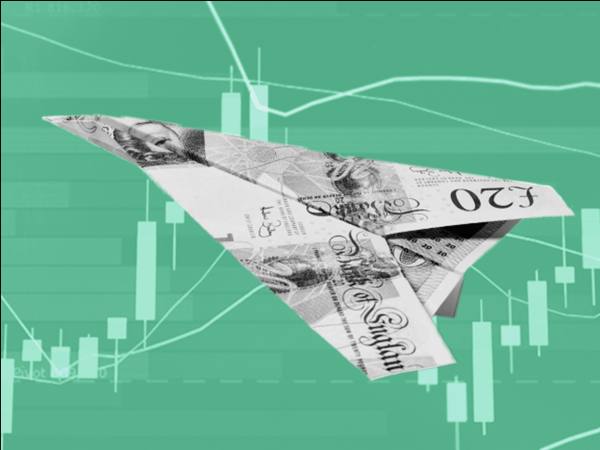The cause of the latest rise is straightforward - differences in monetary policy. Whereas Bank of England governor Mark Carney said last week that a rate rise was possible "around the turn of this year", European Central Bank president Mario Draghi repeated his intention to continue with quantitative easing until at least September 2016.
There are, though, three reasons not to expect sterling to rise very far.
For one thing, interest rates here probably won't rise very much. Dr Carney himself said rates might rise only to "about half as high as historical averages" - not much over 2 per cent because the "equilibrium" interest rate is lower than it was.
In fact, rates might not even rise this far. Sterling's strength is itself a form of monetary tightening. Economists used to have a "four for one" rule of thumb: a 4 per cent rise in the trade-weighted index depressed GDP by as much as a one percentage point rate rise. On this rule, we've already had the equivalent of a 1 per cent rate rise since April.
When combined with slow growth in world trade, this will hurt manufacturers. Already, official figures show that output has fallen in the past two months and the CBI could report next week that export orders are faltering.
Combined with the fact that the stronger pound will reduce imported inflation - which was nugatory to begin with thanks to low inflation overseas - this could cause the rate rise to be postponed. Any hint of this might reverse sterling's rise.
Secondly, there is at least one big negative for sterling - the fact that the UK's current account deficit has recently increased to close to a record high, of 5.8 per cent of GDP. This means that we are accumulating net foreign debt.
This does not guarantee that sterling will slump any time soon. Deficits can co-exist with appreciating exchange rates for some time. But it does mean there's a risk of a fall. Sushil Wadhwani, a former member of the MPC, used to say that current account deficits don't matter until they suddenly do. What we're seeing might be an example of what Didier Sornette and Peter Cauwels called "creep". What looks like resilience in the face of adverse pressures might instead be an increasing risk of a big change.
There is, though, a third reason not to bet on sterling continuing to rise. It's simply that exchange rates are largely unpredictable. As Barbara Rossi at the University of Pompeu Fabra in Barcelona says, the ability of economic factors to predict exchange rates varies from time to time.
In fact, I suspect that retail investors should almost never bet on exchange rates. The strongest case for some of us to hold foreign currency is to match our liabilities: if, for example, you're planning on retiring overseas, you should hold the currency of the country you're planning to move to as protection from a rise in that currency that would increase your cost of living. Aside from this, anyone taking a view on exchange rate movements should instead remember the advice of the great John Cushnie: "It's not worth the bother."











